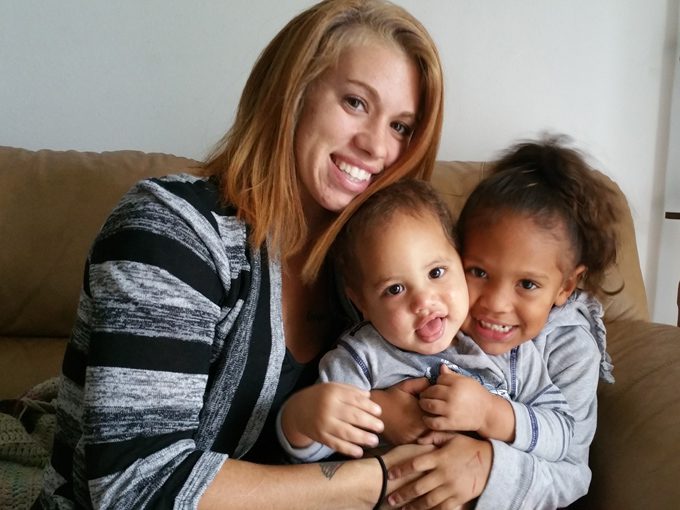POVERTY AND BASIC NEEDS
A root cause of many issues
Poverty means a person lacks the resources to provide themselves with the necessities needed to live and thrive, like food, shelter, clothing and connection to community. Each of the issues United Way tackles can be a symptom of poverty in one way or another. When a person is impoverished, it’s not just because they lack a pay check or income. It begins to affect their social and mental well-being, overreaching into all facets of their life. An individual often struggles to find their way back out of hardship as the issues surrounding poverty begin to compound onto each other.
Increases to the cost of living and inflation continues to take its toll. People who were once making it work are now struggling and live on the poverty line. Wages are not adequately increasing to accommodate for this inflation and the cost of housing remains unmanageable for most. Many individuals unfortunately do not realize that with so much of their income going to support basic needs, all it could take is one missed pay check to force them into debt and instability.
The Facts:
-
Single working-age adults experience the highest rates and deepest levels of poverty.
-
70,301 individuals in Niagara are considered Low Income After Tax.
-
25.8 per cent of single parent families are low-income.
What are we doing about it?
Every year, United Way investments help tens of thousands of individuals improve their situations and begin to advocate for themselves and their communities. We support programs that increase a person’s employability, housing stability to remain housed and provide healthy food and other basic necessities.
If we want to continue to lift local people out of poverty and do better than normal, it means investing in prevention and education to stop the cycle of poverty in Niagara. When someone’s finances begin to suffer, it can lead to homelessness, mental health issues and social isolation. Everyone deserves to feel included, to experience equity and to contribute to their community. Together, let’s ensure no vulnerable person is left behind.

Meet Amanda
“As a single mother, surviving on minimum wage was not an option. Living in a car with my one-year old daughter, was the lowest point in my life. I wanted more for us. Supportive housing saved my life. I was able to finish my education and get a great full-time job with benefits to take care of myself and my family.”
